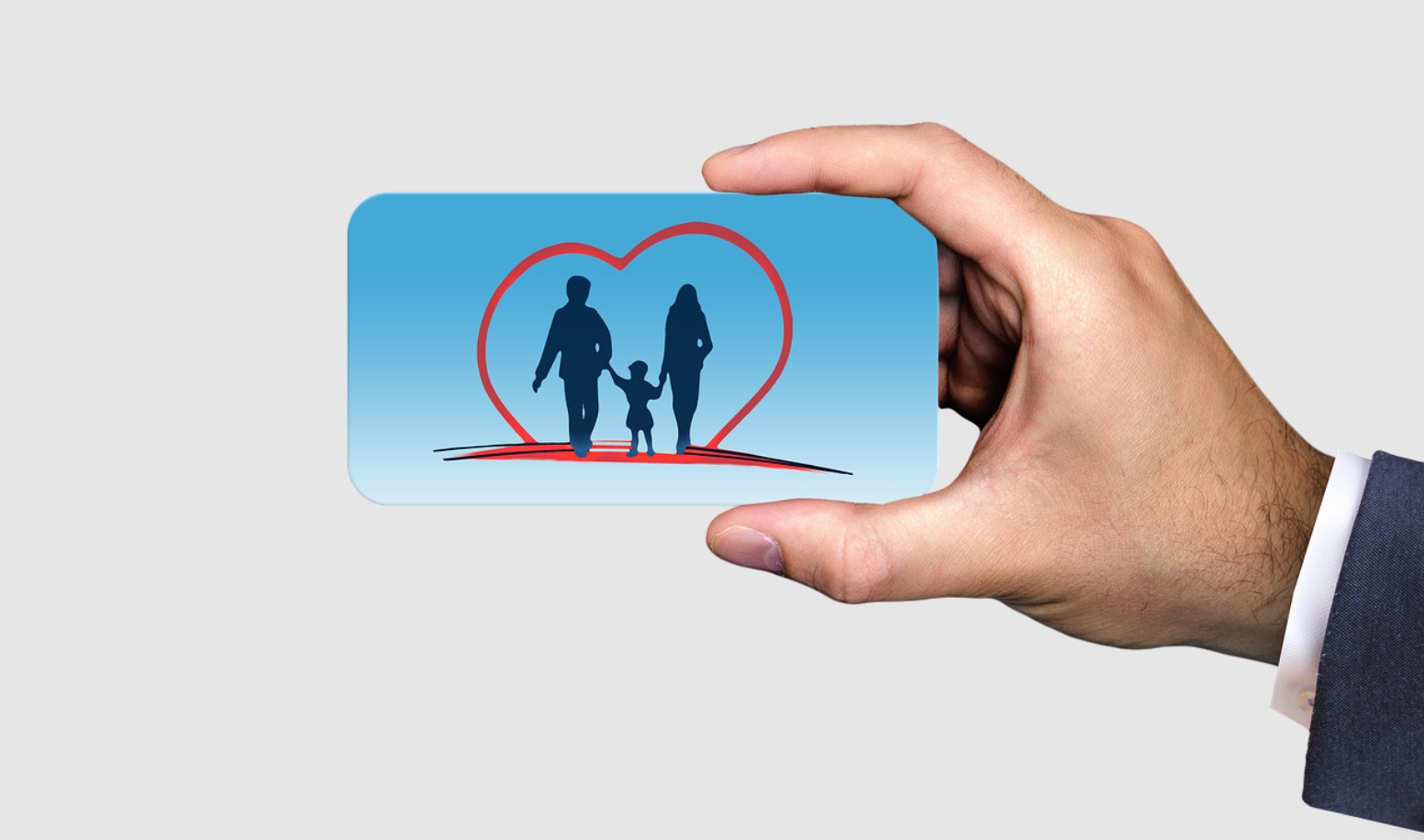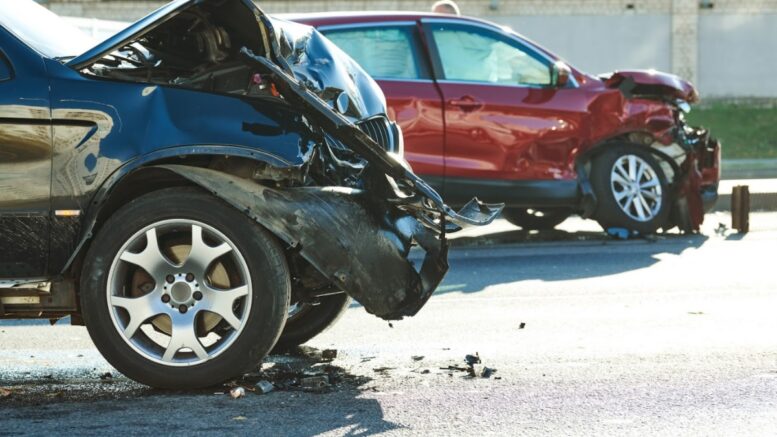Car accidents can be life-altering events that leave victims with not only physical injuries but also a daunting array of medical complications. Whether you’ve been in a minor fender-bender or a more serious collision, the aftermath can be overwhelming, with countless questions and concerns. This blog post aims to guide you through the steps to address medical complications resulting from a car accident. We’ll cover topics such as seeking immediate medical attention, understanding the role of insurance, handling medical bills, and navigating the legal aspects of your situation.
I. Seek Immediate Medical Attention
The first and most crucial step after a car accident is to seek immediate medical attention. Even if you believe your injuries are minor or nonexistent, some injuries may not manifest symptoms until hours or days later. Delaying medical evaluation can exacerbate injuries and complicate your case. Visit an emergency room, urgent care clinic, or your primary care physician to have a thorough examination. This step not only ensures your well-being but also establishes a medical record of your injuries, which can be crucial in subsequent insurance claims or legal proceedings.
II. Understand the Role of Insurance
Insurance plays a significant role in the aftermath of a car accident. When you’re involved in a collision, there are typically two primary insurance avenues to consider: your own auto insurance and the other driver’s insurance (if they are at fault). In “fault” states like Nevada, the at-fault driver’s insurance typically covers the injured party’s medical expenses, property damage, and other costs. If you are at fault, your personal injury protection (PIP) or medical payments coverage (MedPay) can help cover your own medical bills.
III. Paying for Medical Bills after a Car Accident
A question many accident victims have is who manages all the bills. So if you wonder, who pays for medical bills after a car accident in Nevada? The at-fault driver’s insurance is responsible for covering the medical expenses of the injured party. This system is known as “fault-based” or “tort” insurance. However, to ensure your medical bills are paid, it’s essential to establish fault in the accident. This may require working with the insurance companies involved, or in some cases, pursuing a personal injury lawsuit to prove liability.
IV. Keep All the Bills
To successfully manage your medical bills and ensure proper compensation, it’s imperative to keep detailed records of all medical expenses related to the car accident. This includes bills for hospital stays, surgeries, doctor visits, physical therapy, medications, and any other healthcare services required as a result of the accident. These records are crucial when negotiating with insurance companies or when presenting your case in court. Without comprehensive documentation, it’s challenging to obtain the compensation you deserve.
V. Utilize Your Health Insurance

Your health insurance is a valuable resource when dealing with medical complications following a car accident. While the at-fault driver’s insurance should ultimately cover your expenses, your health insurance can act as a primary payer. This means that it can cover your medical bills initially, allowing you to receive timely medical care. Later on, your health insurance provider may seek reimbursement from the at-fault driver’s insurance after a settlement or judgment is reached.
VI. Communicate with Medical Providers
Maintaining open and clear communication with your medical providers is vital. Ensure that they are aware of the circumstances of the car accident and that they document your injuries accurately. This documentation will be crucial in building a strong case to prove the extent of your injuries and their connection to the accident. Additionally, discuss your payment options with your medical providers. Some may be willing to work with you on payment plans or delay billing until your case is resolved.
VII. Consider Hiring an Attorney
Navigating the complexities of insurance claims, medical bills, and legal matters can be overwhelming, especially if you’ve sustained severe injuries. An experienced personal injury attorney can be your advocate, guiding you through the legal complexities and intricacies of insurance claims. They bring a wealth of knowledge and expertise to the table, ensuring that your rights are protected, evidence is gathered effectively, and negotiations with insurance companies are skillfully handled. Attorneys are also adept at representing your interests in court if your case proceeds to litigation, giving you the best chance at a fair and just outcome. With their assistance, you can focus on your recovery, knowing that a dedicated professional is working tirelessly to secure the compensation you need to cover medical bills and other damages resulting from the accident.
VIII. Pursue Rehabilitation and Follow Medical Advice
Pursuing rehabilitation and diligently following medical advice is a critical aspect of recovering from the aftermath of a car accident. After an accident, your healthcare provider may recommend physical therapy, surgery, or a specific treatment plan to address your injuries. It’s imperative to adhere to these recommendations, as doing so not only aids in your recovery but also strengthens your legal and insurance claims. Neglecting medical advice can be detrimental, potentially leading to prolonged suffering and complications. Insurance companies may argue that your injuries could have been minimized had you followed the prescribed treatment, potentially affecting the compensation you receive. By actively participating in rehabilitation and heeding medical guidance, you not only enhance your chances of regaining your health but also strengthen your position in any ensuing legal or insurance negotiations.
IX. Be Patient and Persistent
Being patient and persistent is a vital aspect of the journey to address medical complications resulting from a car accident. This process can be emotionally and mentally taxing, as well as time-consuming. It’s important to remember that insurance claims and legal proceedings often take longer than anticipated, and the path to recovery may be filled with obstacles. However, maintaining patience and persistence is key to achieving a fair resolution. Stay diligent in documenting your medical bills, follow your healthcare provider’s advice, and keep in regular communication with your attorney or insurance adjuster. While it may be a challenging and sometimes frustrating road, your unwavering commitment can lead to the best possible outcome for your physical and financial well-being.
In the aftermath of a car accident, addressing medical complications is a multi-faceted process that involves seeking immediate medical attention, understanding the role of insurance, keeping meticulous records of your bills, and considering legal recourse if needed. While it can be a challenging journey, with the right steps and professionals by your side, you can navigate these challenges successfully and work towards the recovery and compensation you deserve. Remember, your health and well-being should always be your top priority.
